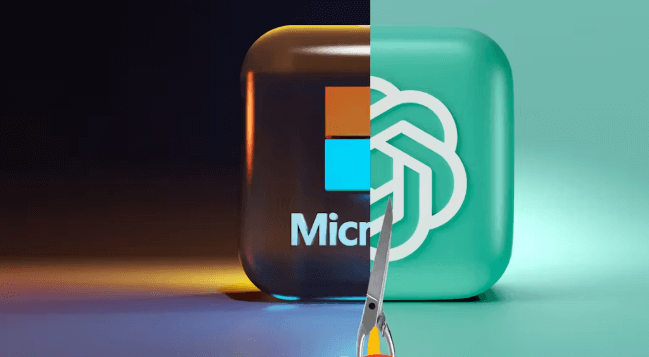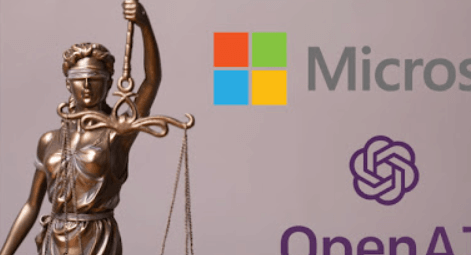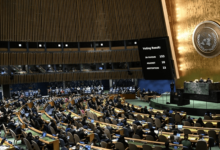Ftc Wants Microsoft Relationship With Openai

The Federal Trade Commission’s scrutiny of Microsoft’s relationship with OpenAI raises important questions about the future of competition in the AI sector. As the partnership promises to leverage substantial resources for the advancement of AI technologies, Ftc Wants Microsoft Relationship With Openaiconcerns emerge regarding its potential to create monopolistic conditions that could impede innovation from other market participants. This investigation not only highlights the complexities of regulatory oversight in technology partnerships but also prompts a broader discussion on the implications for consumers and startups alike. What might this mean for the evolving landscape of AI?
Background of Microsoft and OpenAI
Having established a strategic partnership in 2019, Microsoft and OpenAI have significantly influenced the landscape of artificial intelligence.
Read also How to Operate and Maintain Your Air Compressor for Laser Cutting
The partnership dynamics between these two entities have facilitated Ftc Wants Microsoft Relationship With Openaigroundbreaking technological advancements, enabling the development of innovative solutions that enhance user experiences.
This collaboration exemplifies how strategic alliances can drive progress, fostering a competitive environment that ultimately benefits a society increasingly reliant on AI-driven technologies.
FTC’s Concerns and Investigations
The Federal Trade Commission (FTC) has raised significant concerns regarding Microsoft’s relationship with OpenAI, focusing on potential monopolistic practices and implications for market competition.
Under FTC scrutiny, the OpenAI partnership may limit innovation and restrict access for other players in the field.
The commission is particularly attentive to how this collaboration could reshape the landscape of artificial intelligence and technology markets.

Implications for Competition and Innovation
A robust partnership between Microsoft and OpenAI has the potential to significantly impact competition and innovation within the artificial intelligence sector.
By leveraging their combined resources, they can drive technological advancements Ftc Wants Microsoft Relationship With Openaithat reshape market dynamics.
This collaboration may enhance the development of AI applications, fostering a competitive landscape that encourages diversity and innovation, ultimately benefiting consumers and promoting a spirit of entrepreneurial freedom.
Future of AI Regulation and Oversight
Amid the rapid advancements in artificial intelligence, the future of regulation and oversight is becoming increasingly critical.
Read also Green Pest Control: Natural Methods To Keep Your Home Critter Free
Establishing robust AI accountability frameworks is essential to address regulatory challenges that arise from rapid technological evolution. Balancing innovation with ethical considerations demands proactive governance, ensuring that AI developments align with societal values Ftc Wants Microsoft Relationship With Openaiwhile preserving individual freedoms and fostering a competitive landscape.
Conclusion
The scrutiny of Microsoft’s partnership with OpenAI by the FTC underscores a paradox within the quest for innovation. As the alliance aims to propel advancements in AI, it simultaneously raises alarms regarding potential monopolistic behavior that could stifle competition. This irony reveals a critical tension: the very forces intended to foster progress may inadvertently constrict market diversity. Thus, the future of AI regulation may hinge on balancing competitive integrity with the need for groundbreaking technological achievements, a delicate equilibrium yet to be achieved.






